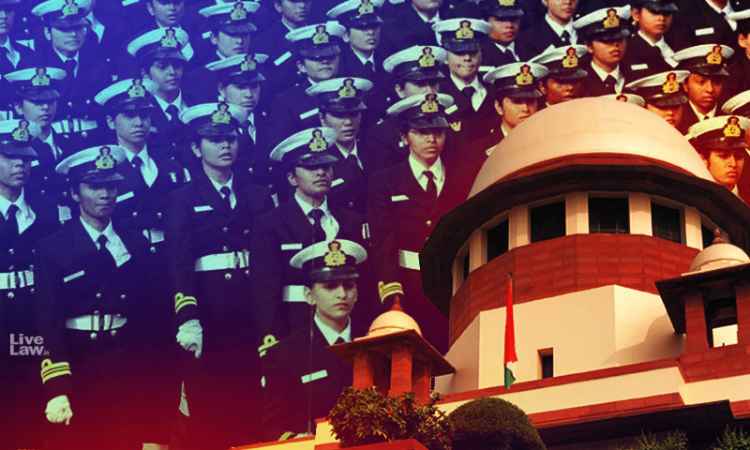"No Interest Would Be Payable By The 5 Female Naval Officers On Excess Component Of Terminal Gratuity In Lieu Of Payment Of DCRG"- Supreme Court In Annie Nagaraja Case
Mehal Jain
9 Sept 2021 7:36 PM IST

"Let us not recover the interest. These are officers who have served the nation. You were also in the army", remarked Justice Chandrachud to Senior Advocate Balasubramanian.
Next Story


